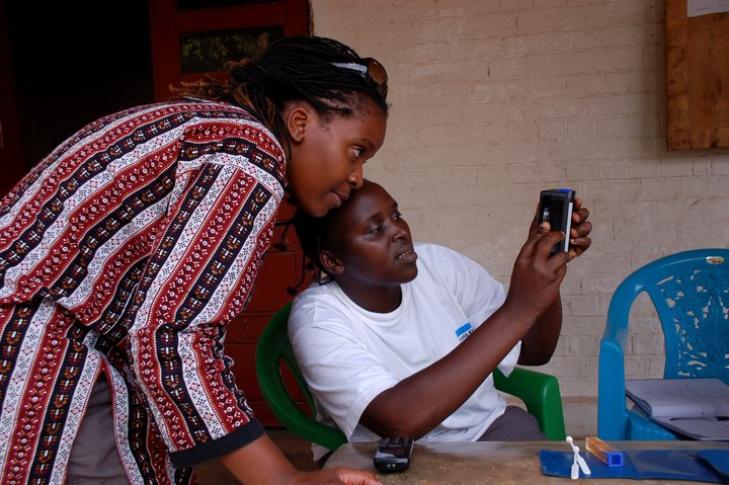
Republic of Congo (Congo) has one of the most serious incidence of gender-based violence and human rights violations in the world. It is a country emerging from years of armed conflict, which has perpetuated rape and sexual violence as a weapon of war. In Congo, a small country with a population of about 3.6 million, over 15,000 cases of sexual violence were reported in 2009. In the first six months of 2010, 7,685 cases were reported. More than half of the victims were under 18 years of age. Many cases of sexual violence continue to be reported particularly in post-conflict areas in both countries. In addition, domestic violence, sexual harassment and incest are common.
The Congo government has made various commitments to eliminate gender-based violence including signing on to the UN Convention on the Elimination of Discrimination against Women (CEDAW and the special Protocol of the African Charter on Human and People’s Rights on the Rights of Women in Africa. The Congo government has also enacted national laws in the form of family and criminal codes and sexual violence acts, which provide protection for women and girls against violence. However, these provisions are often not enforced.
APC’s partners have reported that there is growing mobilisation of local women and human rights organisations in coordination with UN and international organisations in the fight to end gender-based violence. However, they identify that reporting and monitoring of violations and tracking coordination of responses are woefully inadequate in relation to the numbers and seriousness of cases of sexual and domestic violence in both countries.
Aims of this project
This project aims to strengthen documentation, reporting and monitoring of domestic and sexual violence and responses of law enforcement agencies. It will do so through building the capacity of local women’s and human rights organisations, using ICT platforms and tools, to produce evidence that can put pressure on governments to deliver on and increase their commitments to combat and eliminate gender-based violence.
We will do this by focusing on the following:
1. Mapping government commitments versus service delivery in the areas of law enforcement, health services and legal support in specified localities where there is high incidence of gender-based violence through the use of technology tools.
2. Working with collaborators (women rights organisations, service providers, legal support groups and community based organisations) in documenting, monitoring and collating cases and experiences in accessing services (focusing on law enforcement, health services and legal support). The information collected will be useful in monitoring the adequacy and effectiveness of government and non-government responses in providing support to and access to justice for survivors of gender-based violence.
3. Building the capacity of collaborators in documentation, monitoring and reporting through the use of social media and technology platforms to strengthen advocacy for better and more effective responses from government.
APC in partnership with APC member AZUR Developpement led by Sylvie Niombo will implement this project over a two year period.
Visit the platform: http://www.violencedomestique-congo.net/main.